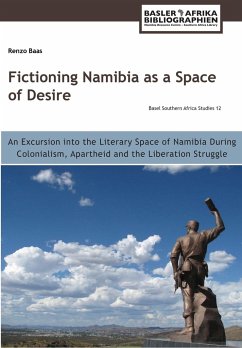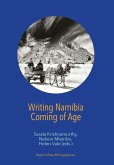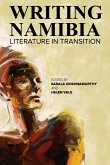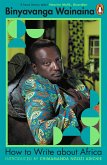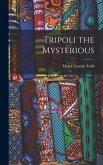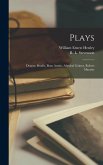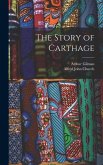Modern-day Namibian history has largely been shaped by three major eras: German colonial rule, South African apartheid occupation, and the Liberation Struggle. It was, however, not only military conquest that laid the cornerstone for the colony, but also how the colony was imagined, the "dream" of this colony. As a tool of discursive worldmaking, literature has played a major role in providing a framework in which to "dream" Namibia, first from outside its borders, and then from within. In Fictioning Namibia as a Space of Desire, Renzo Baas employs Henri Lefebvre's city-countryside dialectic and reworks it in order to uncover how fictional texts played an integral part in the violent acquisition of a foreign territory. Through the production of myths around whiteness, German and South African authors designed a literary space in which control, destruction, and the dehumanisation of African peoples are understood as a natural order, one that is dictated by history and its linear continuation. These European texts are offset by Namibia's first novel by an African, offering a counter-narrative to the colonial invention that was (German) South West Africa.
Bitte wählen Sie Ihr Anliegen aus.
Rechnungen
Retourenschein anfordern
Bestellstatus
Storno

